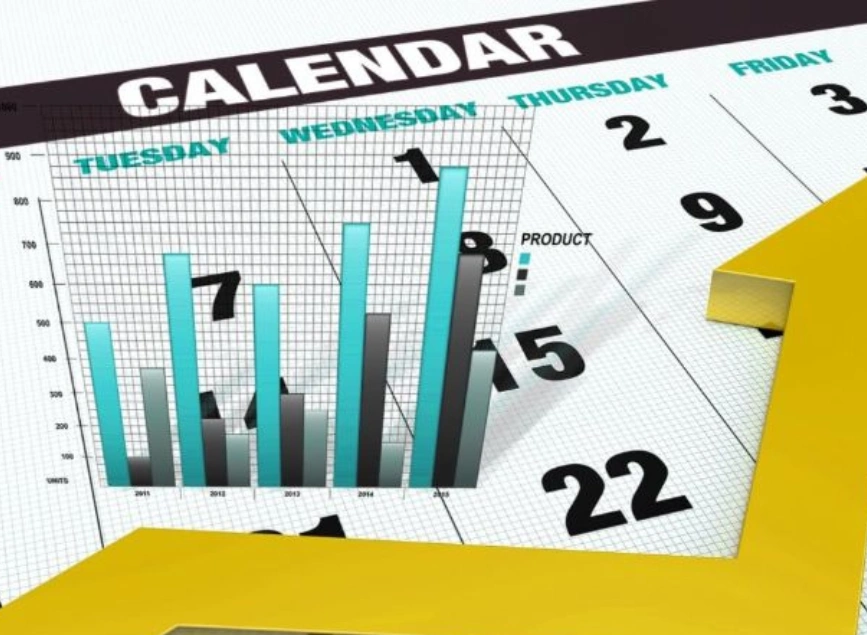
Never Miss a Market Move: How to Read the Economic Calendar
Estimated reading time: 4 minutes
Table of contents
Ever been caught off guard by a sudden price swing? Many traders have, often because they overlooked one powerful tool: the economic calendar. Whether you trade forex, stocks, or commodities, knowing when key economic events happen can be the difference between a winning and a losing trade.
In this guide, you’ll learn how to use the economic calendar to forecast market volatility, plan trades in advance, and protect your capital like a pro.
What is an Economic Calendar?
An economic calendar is a schedule of important economic events, reports, and announcements that can move financial markets. Examples include:
- Central bank interest rate decisions (e.g., Federal Reserve, ECB)
- Inflation reports (CPI, PPI)
- Employment data (Non-Farm Payrolls, unemployment rates)
- GDP growth figures
💡Traders rely on this calendar to anticipate market reactions before they happen.
Why Traders Should Care About the Economic Calendar
| Benefit | Why It Matters for Traders |
|---|---|
| Predicts Volatility | Avoid getting blindsided by major market moves. |
| Improves Timing | Plan entries and exits more effectively. |
| Enhances Risk Management | Adjust stop-loss and position sizing before news. |
| Identifies Opportunities | Trade high-volatility events for quick profits. |
How to Use the Economic Calendar Effectively
1. Learn the Key Columns
When you open an economic calendar, you’ll see:
- Date & Time – Event timing (adjust for your time zone).
- Event Name – Type of report or announcement.
- Currency/Region – Which market it impacts most.
- Impact Level – Low, medium, or high (high means bigger moves).
- Actual / Forecast / Previous – Released data, market expectation, and past figure.
2. Focus on High-Impact Events
High-impact events, like US Non-Farm Payrolls (NFP) or interest rate decisions, can cause sharp, sudden moves.
💡 Pro Tip: If you’re a beginner, consider staying out of the market during high-volatility announcements until you’re confident in your strategy.
3. Match Events to Your Trading Pairs
Trade EUR/USD? Watch both US and Eurozone news.
Trading gold? Focus on US inflation data, interest rates, and geopolitical updates.
Read More: What is Position Size in Forex? The Key to Managing Risk and Growing Your Account
4. Use It for Trade Planning
The calendar isn’t just about avoiding risk, it can also help you find trades:
- Avoid Risky Times – Skip trades minutes before big announcements.
- Trade the News – Some traders enter right after a release if the data surprises the market.
- Position Early – Take trades based on strong forecast expectations.
5. Combine with Technical Analysis
Never rely solely on the calendar. Use support/resistance levels, trend lines, and indicators to confirm entry and exit points. The calendar tells you when, but the charts tell you where.
6. Automate Your Alerts
Most platforms let you set notifications for key events. This way, you won’t miss major opportunities (or risks) while focusing on other trades.
Example: Using the Calendar in Real Life
Imagine it’s Wednesday and the US CPI inflation report is due at 8:30 AM EST.
- You check your calendar on Sunday and note it.
- You reduce your USD positions on Tuesday night to avoid surprise volatility.
- You watch the release, see inflation is much higher than expected → USD strengthens.
- You enter a quick EUR/USD short trade with a tight stop.
Simple preparation = informed decision-making.
❓ FAQ: How to Use the Economic Calendar
1: Is the economic calendar free?
Yes, most brokers and financial news sites offer free access.
2: Should beginners trade during high-impact news?
Not recommended, news trading requires experience and fast execution.
3: Which is the most important event for forex?
US Non-Farm Payrolls, Federal Reserve interest rate decisions, and inflation reports often have the biggest impact.
4: Can I use it for stock trading?
Absolutely, earnings reports, GDP data, and interest rate decisions can move stock markets too.
📌 Final Thoughts
The economic calendar isn’t just a tool, it’s your trading radar. By checking it daily, you can anticipate volatility, avoid unnecessary losses, and even spot profitable opportunities before others do.
📅 Start making it part of your trading routine today, your future self (and your account balance) will thank you.
Share
Hot topics

Hedging in Forex
Hedging in Forex is not about eliminating risk, but about managing it intelligently. If you’ve ever looked at Forex charts, you’ve probably noticed how quickly prices can move. Therefore, the...
Read more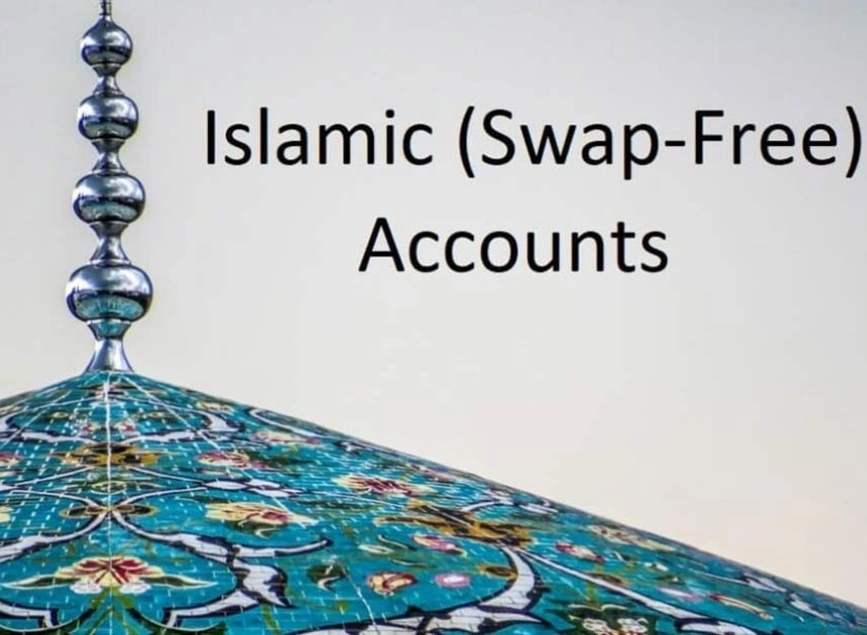
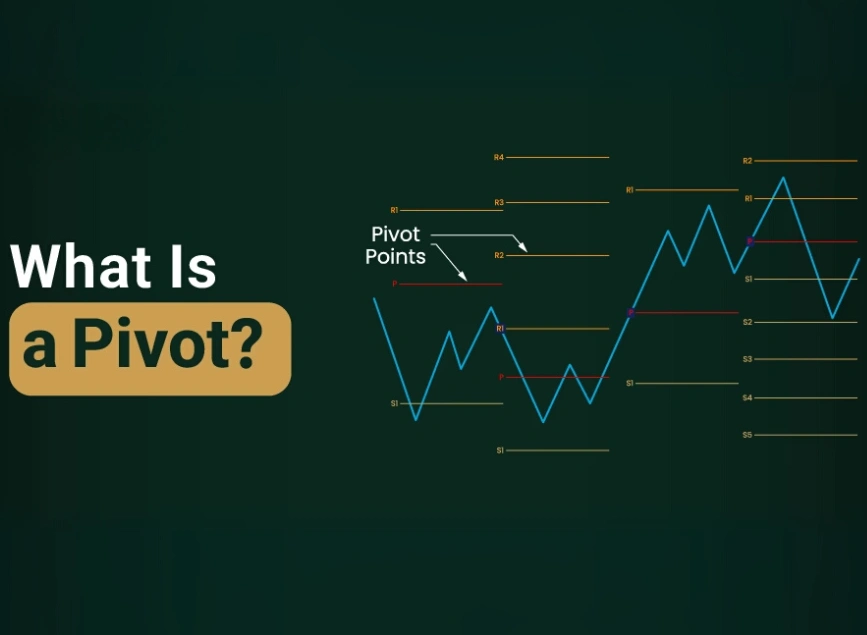
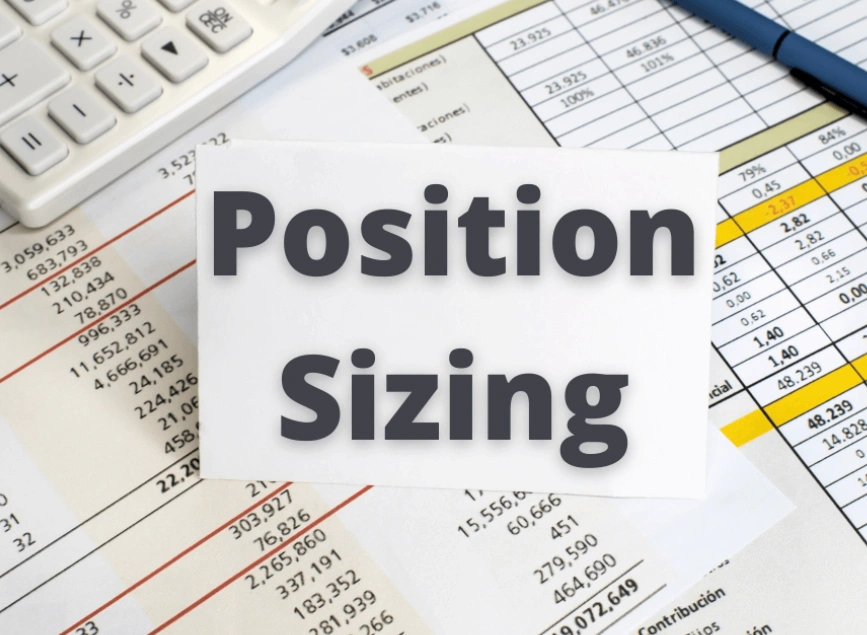
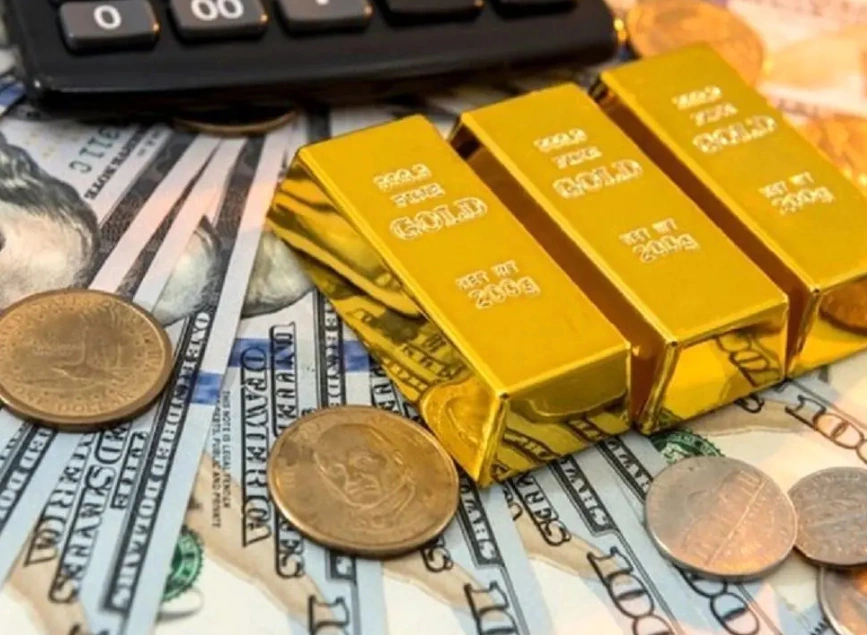
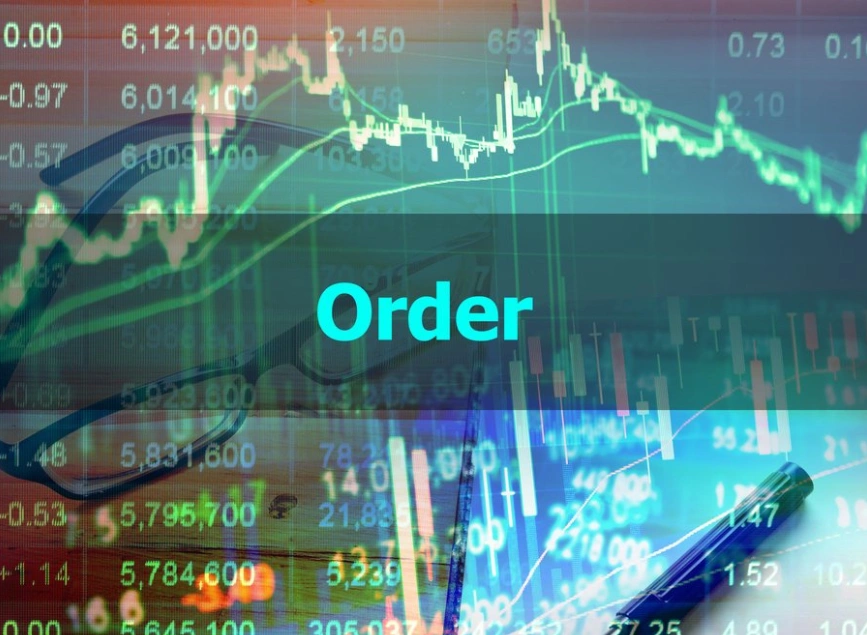
Submit comment
Your email address will not be published. Required fields are marked *